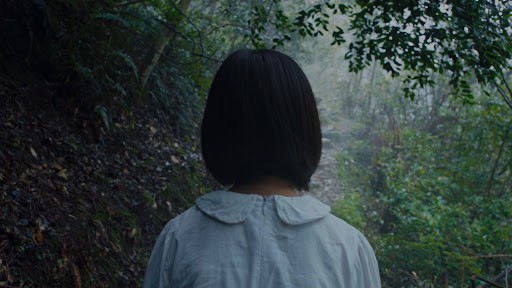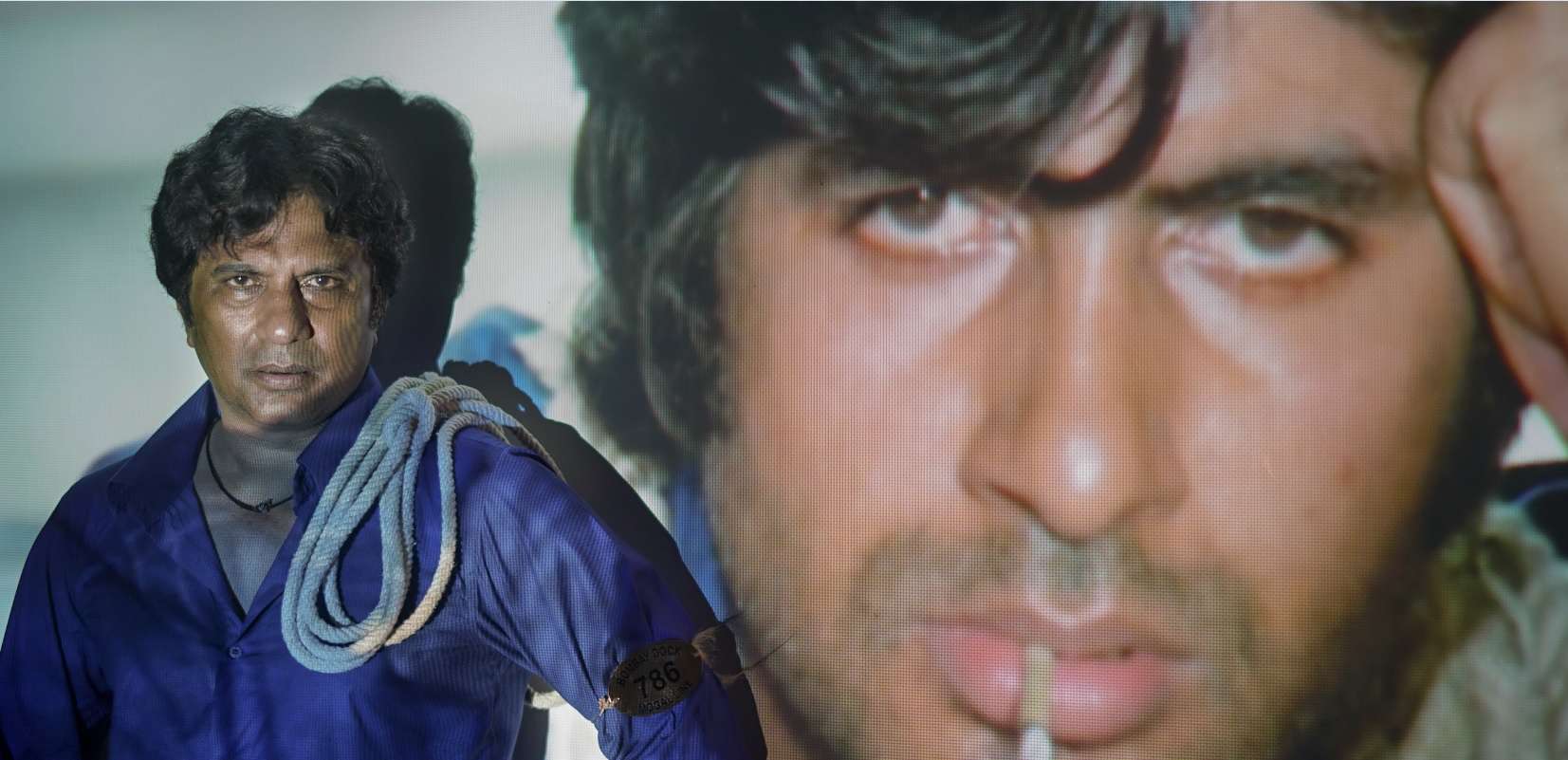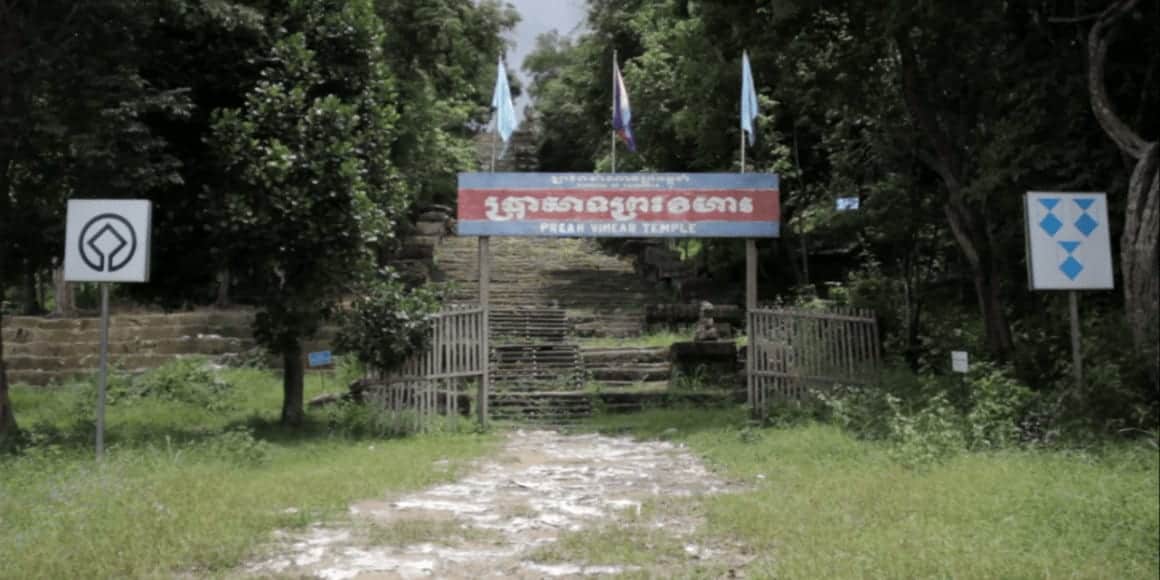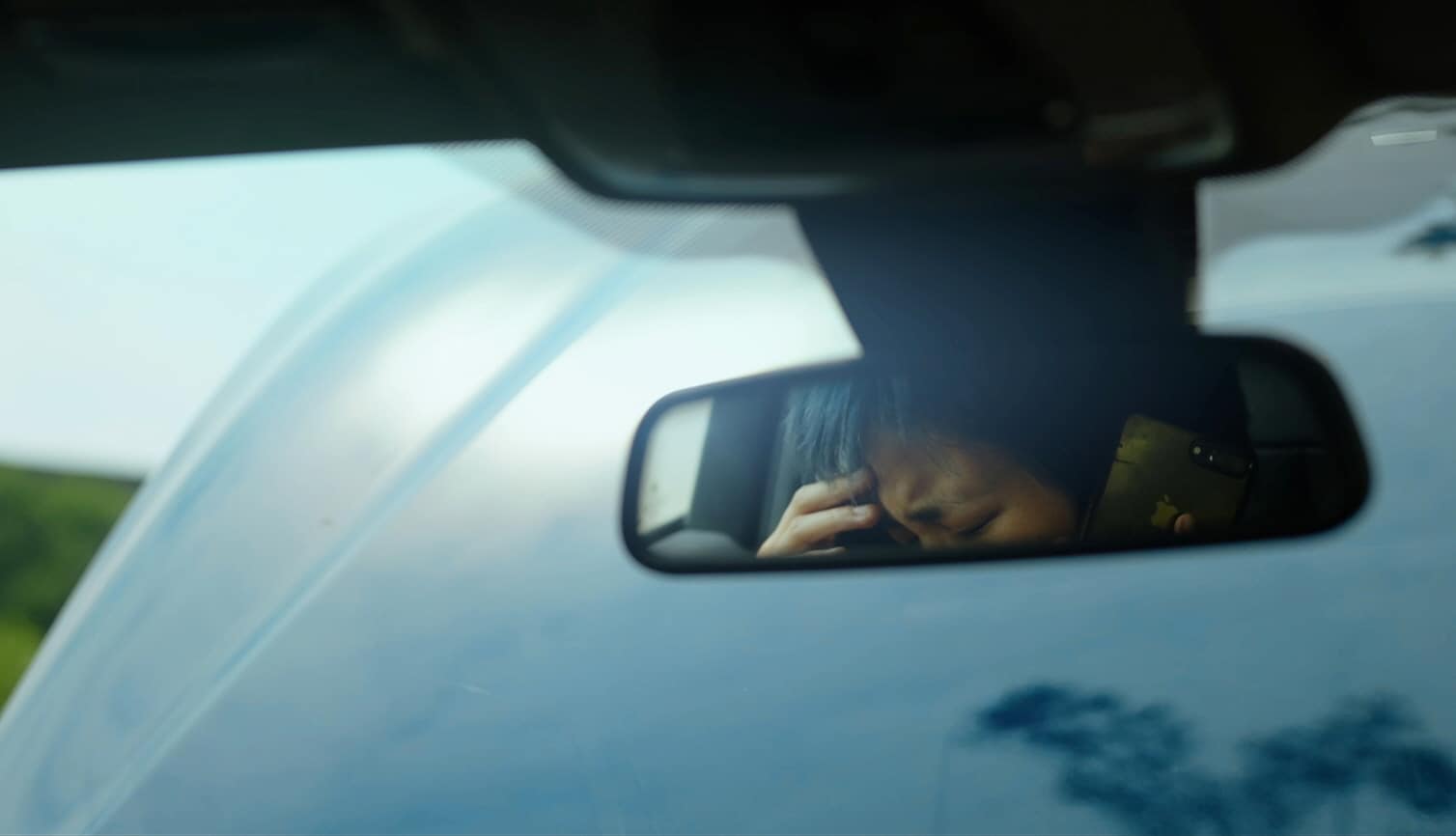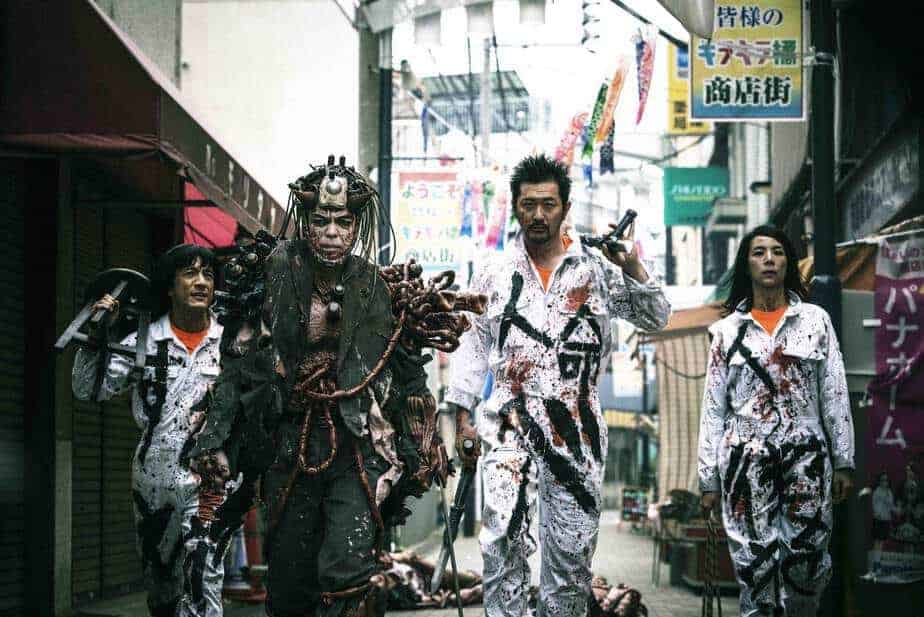A trauma deeply buried in the past can sometimes re-emerge later on in your life. The loss of a loved one or the disappointments of being rejected can remain in a person's memory, within the subconscious, until a seemingly unrelated event can bring them back to the surface. One of those tragedies is certainly the loss of a parent early in one's life, such as the death of one's mother, something Chinese filmmaker Li Dongmei experienced when she was twelve living in rural China with the rest of her family. This experience marked her and in making a documentary about her past and the area where she grew up was a good way to deal with this event, but as she found out that the majority of her neighbors had died or moved away, she instead decided to direct a feature film. As a result, “Mama”, which was selected in this year's Giornate degli Autori-selection at the Venice Film Festival, is part a return to the past, but also a meditation on life, death and family.
“Mama” screened at Giornate degli Autori
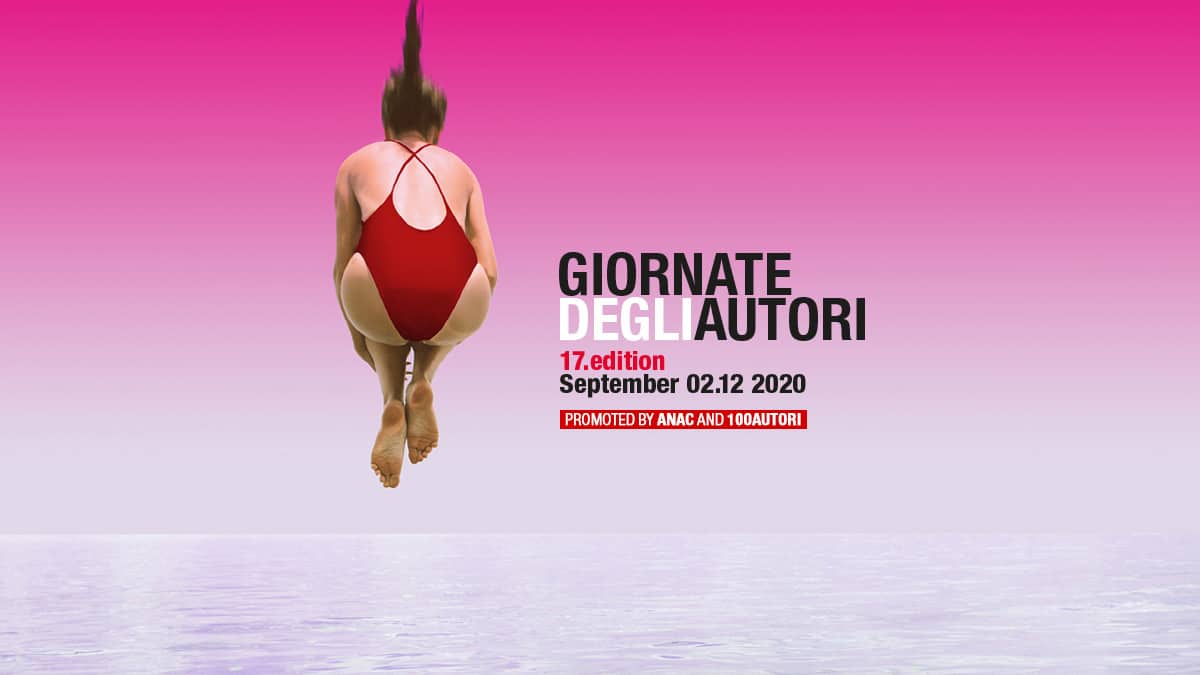
Over the course of the story, we follow the life of the family during seven days in 1992. Twelve-year-old Xiaoxian (Ge Wendan) lives with her family, her parents and her younger sister, in rural China on a farm. Occasionally, especially when she has to attend school, she spends time at her grandparent's home which is closer to the nearest town. While the routine of the family, the preparation for the harvest and the family dinners remain mostly the same, Xiaoxian feels there is a change coming to her family as well as the world around her, starting with the death of a neighbor living close by. When all of a sudden her mother's health starts to deteriorate, a tragedy befalls the family with unforeseen consequences.
Considering “Mama” is party family drama and memoir, Li Dongmei chooses a contemplative approach to the story. In long, at times static takes, often resembling photographs, the story takes its time following the various routines of the family members, from the tough work in the fields to the aforementioned dinners, emphasizing the structure of these characters, their life and their strong bond. The camera seems to mimic the director's view on these memories and these images, capturing the essence of a moment, these people and their world, before it eventually changes or fades back into black.
In addition to the slow approach in terms of storytelling, “Mama” is visually quite precise and very often a quite beautiful movie. Apart from the breathtaking, lush countryside, it also shows the community of the people, their way of living, stressing the few glimpses of change Xiaoxian sees on her way to school and through town. Even though the pain of this change is inevitable, there is also an omnipresent notion of life, that everlasting circle of being expressed by the nature as well as the two births in the story.
Although the visuals are quite an important element to “Mama”, this is also a story relying heavily on sound. The various sounds of nature, specifically the chirping of the cicadas are the metronome of these places and the time Li Dongmei captures in “Mama”. Darkness, as one character says, is an essential part of life we have to deal and live with. In the end, only memories, images and sounds remains.
“Mama” is a touching and beautifully-shot family drama. Li Dongmei manages to tell a story about time, loss and the circle of life, how these affect the lives of a community, a family and eventually your own.


